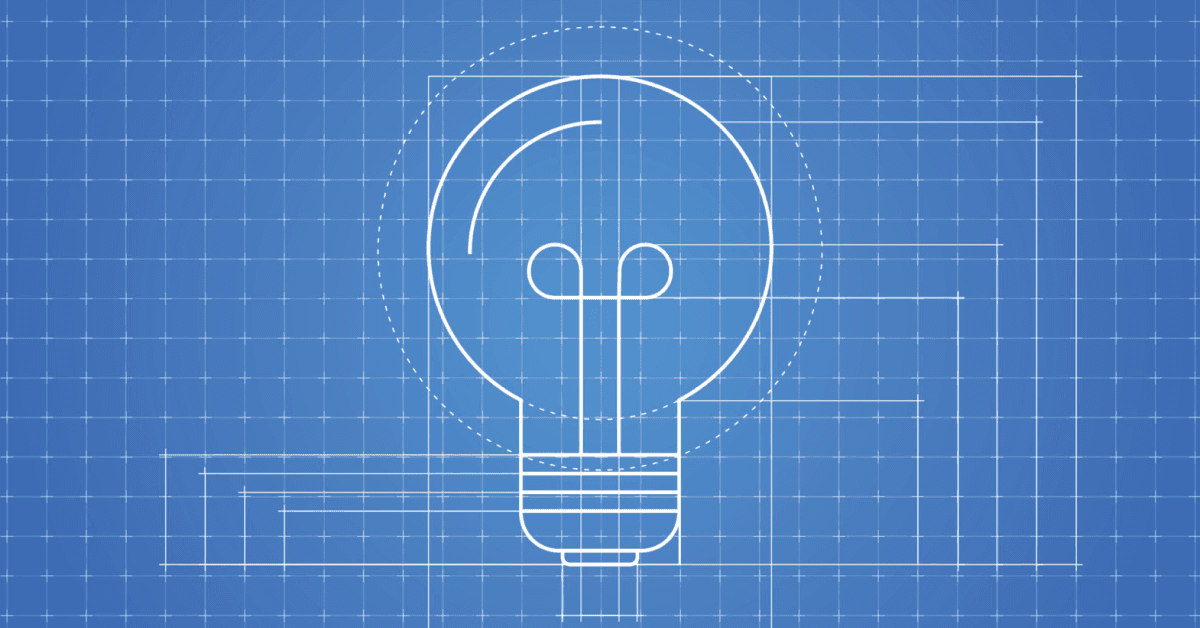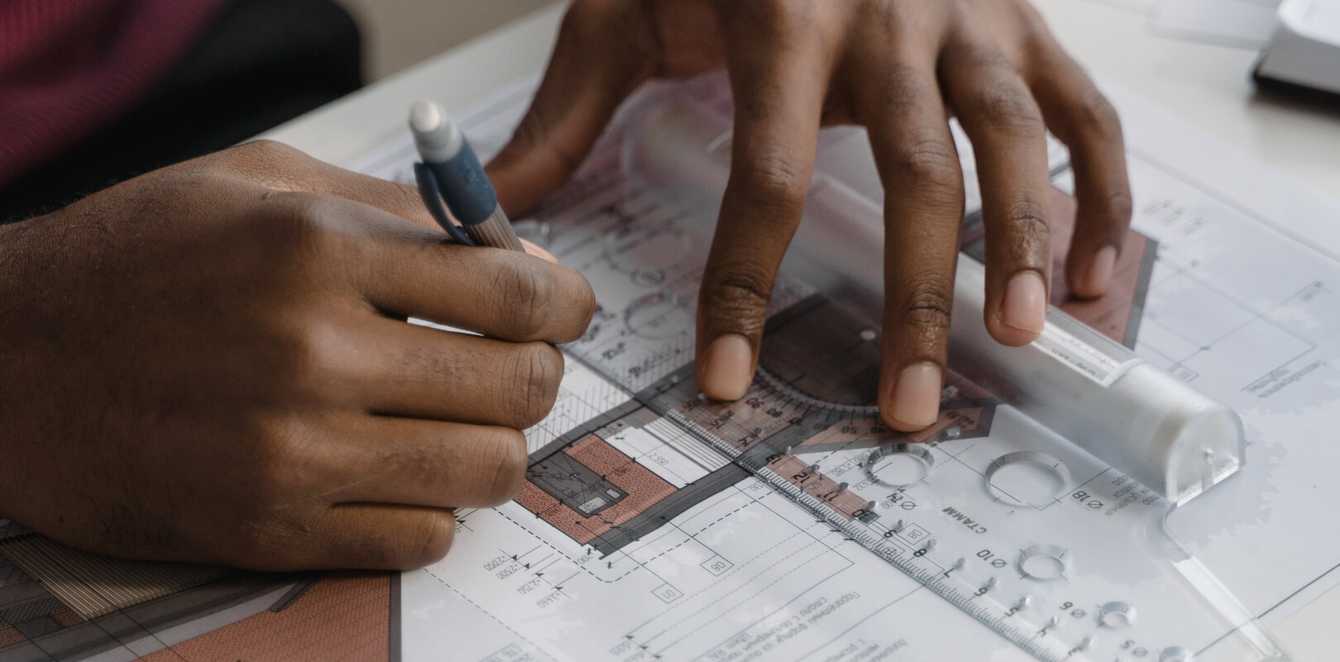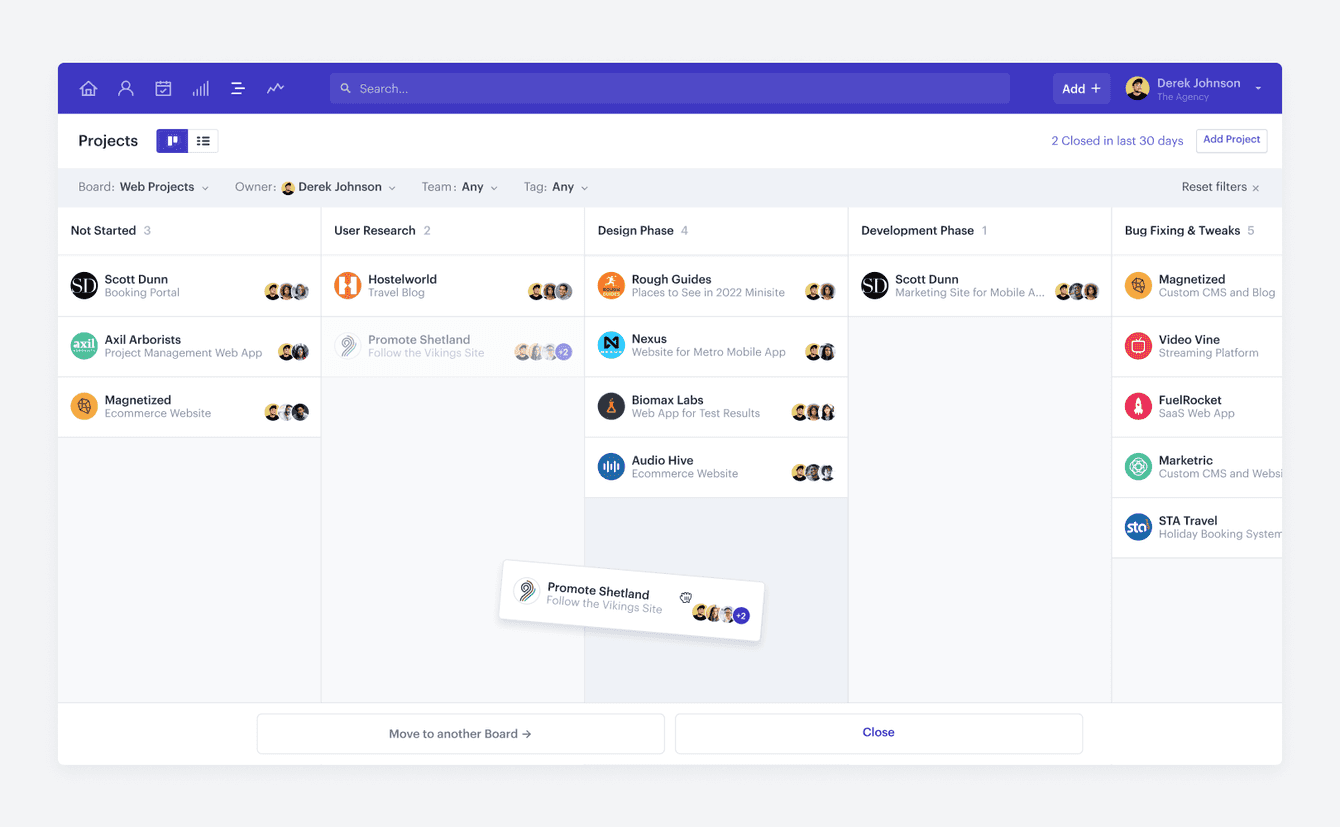The world of architecture is filled with awe-inspiring creativity and innovation. However, behind every breathtaking structure and innovative design, is a range of challenges and complexities.
Project management for architects is no easy feat. You need to balance aesthetics with functionality, all while keeping on the right side of strict regulations and staying within your budget.
It may not be the most exciting part of running an architecture firm, but good project management is a vital part of the process.
In this article, we'll delve into the intricacies of project management in architecture firms. You'll learn the essential skills, recommended tools and best practices to ensure every project is a resounding success.
The challenges of project management in architecture firms
While many think that being an architect is all about creativity and following your vision, it's likely they don't appreciate just how much project management is going on behind the scenes.
Architectural projects often span multiple years and involve numerous stakeholders. Keeping a complex, multi-year project on track requires meticulous organization and communication.
Without diligent project management, delays and cost overruns can quickly spiral out of control.
Then there's the human element to consider. You need to collaborate with clients, engineers, contractors and others daily. Each one of those stakeholders has their own different concerns and priorities, which you need to take into account and balance.
Varying project delivery methods also complicate matters. Some projects are design-bid-build while others are design-build or CM at risk.
Each method comes with different concerns and criteria to consider.
Then there are the seemingly endless factors that are completely outside of your control. Weather conditions, availability of materials and fluctuating costs have the potential to throw your project off your carefully planned tracks.
Essential skills for effective project management
To successfully manage projects in an architecture firm, managers need the right abilities. The following skills are critical to keeping your project on track.
Communication
Good communication is the cornerstone of any project. In architecture firms, this involves articulating your design concepts, addressing client concerns and facilitating collaboration between different teams.
Project managers must be adept at listening, translating ideas, resolving conflicts and providing frequent updates.
Strong writing skills also allow project managers to craft sharp documentation. Be clear and concise in your communication, avoiding any unnecessary jargon or overly complex language.
Time management
With multiple projects running simultaneously and tight deadlines looming, architects must be comfortable managing a complex to-do list. Keeping on top of your time requires efficient schedules that minimize delays.
Undoubtedly there'll be some tasks that you simply have to deal with personally, but trying to tackle everything by yourself is impossible. Instead, get comfortable with delegating or deferring any low-priority tasks.
Problem-solving
Unforeseen challenges are par for the course in architectural projects. The ability to adapt to changing circumstances — whether that's new information, regulatory updates or client requests — enables you to keep the project aligned with its objectives.
Get comfortable with using different decision-making models. For example, if a project falls behind schedule, the project manager could conduct a SWOT analysis to identify the best path forward:
- Strengths: The technical skills of the team, innovative design solutions
- Weaknesses: Underestimating the permitting process timeline, lack of client input
- Opportunities: Fast-track permitting, modular construction methods
- Threats: Client dissatisfaction, going over budget
The SWOT framework helps the project manager pinpoint the cause of any challenges by formally analyzing the project from multiple angles. This evaluation can help architects to find relevant solutions
Financial literacy
Budgetary constraints are a constant challenge in project management. You need to be comfortable managing costs, negotiating contracts and keeping every project financially viable.
Creating accurate project budgets is crucial. Project managers must have analytical skills to develop precise cost estimates and budgets. As the project unfolds, they also need budget management skills to track expenses and detect any discrepancies.
Monitor financial performance using key metrics like ROI, profit margin and cash flow.
### Emotional intelligence
While often overlooked, emotional intelligence is crucial for managing team dynamics, resolving conflicts and creating a harmonious working environment.
Emotional intelligence can be broken down into four key competencies:
- Self-awareness
- Self-management
- Social awareness
- Relationship management
By understanding and managing yourself, you'll be in a better position to understand and respond to the emotional needs of team members, clients and stakeholders, fostering positive relationships and collaboration.
Project management tools and software recommendations
If you're still relying exclusively on pen and paper to manage your projects, it's time for an upgrade. There are plenty of digital tools and apps you can use to streamline project management, with options for every budget. Here are some of the different types of software that can enhance efficiency and productivity in architecture firms.
Task management tools
Each project is a series of related tasks; these tools help you organize and track those tasks, enabling you to monitor progress, allocate resources and meet deadlines.
The best task management software allows you to get a quick overview of even the most complex project, showing you at a glance where you are, your next steps and key responsibilities for those tasks.
Top task management tools:
Collaboration platforms
We've already seen that communication is a key skill for project management. These platforms help foster communication and collaboration among team members, clients and stakeholders, ensuring everyone is on the same page. Whether it's sharing the latest guidelines with the team or checking in with the client, collaboration platforms make it easier to keep in touch and share vital information.
Top collaboration tools:
Document management systems
Even the simplest architectural projects have a mountain of paperwork. Storing project documents in a searchable, shareable database makes managing this task little more manageable.
A centralized repository for all your requests for information (RFIs), change orders and specifications can save you a lot of time and headaches.
Top document management systems:
Time tracking software
Ever get to the end of the week and wonder where all that time went? Time tracking tools show you how much time you and your team spent on various tasks, providing insights into productivity and showing where you might need more resources.
Top time tracking software:
Customer relationship management systems
One of the core components of any project is the people — your relationships with clients, contractors and more all have a significant impact. With the right customer relationship management (CRM) software, you can manage every aspect of those relationships, from reaching out to potential clients to successful project management.
Better yet, the best project management CRMs come with many of the other features we've already discussed above. For example, Capsule CRM helps architects with:
- Refined task management and record-keeping
- Improved team communication
- Efficient talent management
- Better financial management
- Meaningful client relationships
Capsule comes with dashboards and reports to track progress, along with a robust mobile app to keep your team connected wherever they are. It also integrates with your other favorite apps, connecting your tools and sharing data for maximum efficiency.
Learn more about how a CRM for architects can benefit your firm today.
Best practices for architectural project management
Even with the right skills and software, you can't guarantee a positive outcome for every project. Still, adhering to the following best practices will significantly increase your chance of completing your next architectural project.
Regular check-ins
Things can change quickly in any project; the sooner you find out about those changes, the better. Regular check-ins with the team and stakeholders foster collaboration and enables you to address any concerns promptly.
Keep the communication going even after you've completed the project with post-project reviews. Looking back at what went well (and what didn't) can provide valuable lessons that will help you optimize your processes.
Comprehensive documentation
Maintaining detailed documentation of every aspect of the project, from design drafts to contractual agreements, ensures transparency and serves as a reference point for future projects.
Store all project documents like sketches, blueprints, models, specifications, submittals, RFIs and more in a central, shareable repository. This way, you always have the information you need to hand.
Documentation should begin in the planning phases, with extensive notes on project scope, deliverables, budgets, schedules, requirements and key stakeholder contacts.
As the project progresses, diligently document all meetings, communications, decisions, change orders, problems and solutions. Details like meeting attendees, key discussion points and assigned action items improve accountability.
Proactive risk management
Identifying potential risks early on and developing contingency plans can make unforeseen challenges easier to deal with. This approach can help your team pivot quickly if needed.
During the planning phase, conduct a thorough risk analysis to identify any vulnerabilities in the schedule, budget, scope, resources, technology needs or regulatory issues.
Develop risk management plans detailing how each high-probability risk will be addressed if it arises. Then, as the project progresses, regularly re-assess for new risks and monitor existing ones.
Having preemptive contingency plans allows for smooth, stress-free project management. For example, if permitting is delayed, you can have fast-track alternatives ready. If materials costs spike, you know exactly what other options are available
Continuous learning
To remain adaptable and innovative, it's important to embrace a culture of continuous learning. This involves staying abreast of industry trends, technological advancements and regulatory changes.
Provide opportunities like conference attendance, courses and reading materials for team members to continuously expand their knowledge. Bring in experts for “lunch and learn” sessions to share insights.
Regularly re-evaluating tools, workflows and best practices keeps your project management strategies fresh and optimized. The field evolves quickly, so firms that commit to continuous learning will always lead the pack.
Conclusion
Effective project management is imperative for architecture firms, but it's still just one piece of the puzzle. Beyond strong project management, firms must maintain top-tier designs, innovative solutions and client relationships.
While project management is crucial, it's also important to think long-term about your team, capabilities and vision. The role of an architect is constantly evolving, and staying up to date with societal needs, ethical considerations and global trends is paramount.
Discover more about how a CRM can help your firm manage current and future projects. You can enjoy a 14-day free trial, and see how Capsule's features can save you time and offer peace of mind.
Frequently Asked Questions (FAQs)
For architecture project management software, key features include robust resource management, project documentation tools, and specific functionalities for managing architectural projects efficiently.
Architecture project management software is tailored to the specific needs of managing architectural projects, including specialized tools for design, collaboration, and tracking project progress in the architectural context.
In engineering firms, an effective project management tool should offer capabilities to track tasks, manage project documentation, and facilitate collaboration among the project team, both on desktop and mobile apps.
Yes, project management software with collaboration tools can significantly enhance teamwork and communication, ensuring all members of the project team are aligned and informed about project progress.
A task management tool helps in organizing and prioritizing project management tasks, ensuring that each aspect of the project is addressed timely and efficiently.
Project management skills, such as organization, communication, and resource management, are crucial for successfully managing architecture projects, ensuring that they are completed on time and within budget.
Project management professionals should consider software that offers a comprehensive project management solution, including features for task management, resource allocation, and progress tracking specific to architecture projects.
Project management software assists architecture firms by providing tools to plan, execute, and monitor all aspects of architectural projects, from initial design to completion.
Some popular project management software options for architecture include tools specifically designed for the industry, offering features tailored to the unique needs of managing architectural projects.
Integrating a structured project management process in software helps architecture projects stay on track, ensures efficient resource use, and maintains clear communication among all stakeholders.









